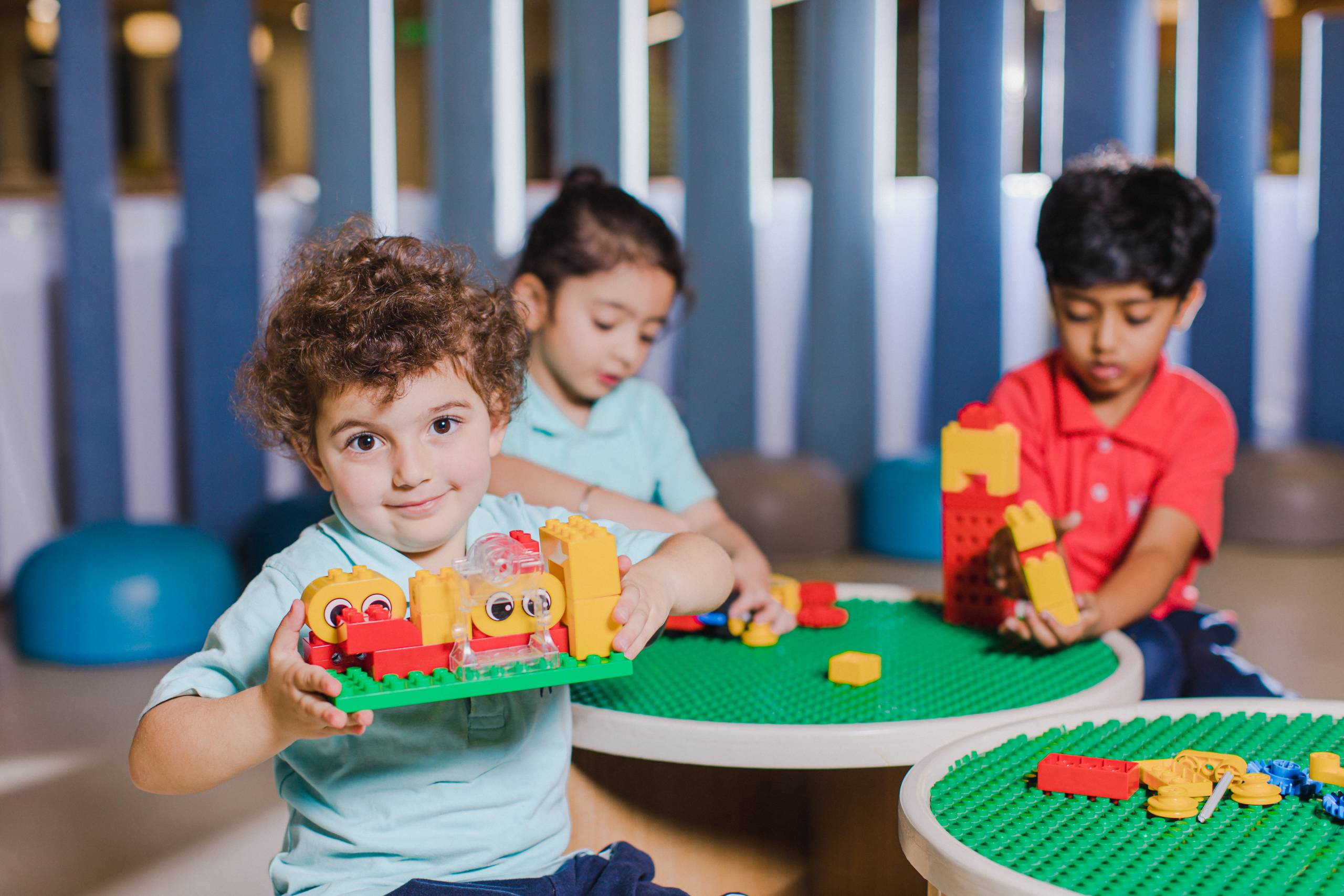Setting Boundaries: Effective Ways to Manage Limits and Expectations for Your Child
In childhood, setting limits and expectations plays a crucial role in helping children develop a strong value system and a realistic mindset. These boundaries provide a framework within which children learn about acceptable behavior, the consequences of their actions, and the importance of self-discipline. As practiced in leading Montessori preschools or reputed Montessori schools in Whitefield, the approach to setting these limits is essential for ensuring that children accept them with understanding and embrace the reasons behind them. Here’s how you can effectively set limits and expectations for your child, fostering their growth and development.
Communicate Clearly and Repeatedly
Effective communication is the cornerstone of setting limits and expectations. Children need to understand what is expected of them, and this requires explaining rules in simple, age-appropriate language. For instance, rather than saying, “Behave properly,” specify what “properly” means in a given context. Use clear, concise sentences that your child can easily grasp, such as “Please put your toys away after playing.”
Repetition is also essential. Children may not remember or fully comprehend rules after hearing them once. Consistently reinforcing the same message helps embed the expectations in their minds. For example, if the rule is to wash hands before meals, remind them consistently until it becomes a habit. Over time, children will internalize these expectations, making it easier for them to follow through.
Consistency Is Key
Consistency in discipline is crucial for children to understand the consequences of their actions. Inconsistent enforcement of rules can confuse children and undermine the purpose of setting limits. When children know that certain behaviours will always lead to specific outcomes, they are more likely to adhere to the rules.
For example, if a child knows that throwing a tantrum will never result in getting what they want, they will eventually stop using tantrums as a strategy. This sense of predictability helps children feel secure and understand that rules are not arbitrary but designed to create a fair and orderly environment.
Be Specific and Follow Through
Being specific about the limits and expectations you set leaves no room for ambiguity. Instead of vague instructions like “Be good,” provide concrete guidelines such as “No hitting others” or “Finish your homework before playing.” Specificity helps children understand precisely what behaviours are expected and which are unacceptable.
Following through is equally important. If a child understands the rules but sees that consequences are not enforced, they may not take the limits seriously. For instance, if you set a rule that screen time is limited to one hour a day, ensure that you monitor and enforce this limit. Consistent follow-through teaches children that rules are meaningful and must be respected.
Praise the Positive Behaviour
Reinforcing positive behaviour through praise and appropriate rewards can motivate children to adhere to set limits. Recognizing and celebrating their efforts when they follow the rules encourages them to continue behaving well. This positive reinforcement can be more effective than focusing solely on negative consequences for misbehaviour.
For example, if your child completes their chores without being reminded, acknowledge their responsibility and effort with praise. You might say, “Great job putting away your toys! I’m proud of you for remembering to do that on your own.” This positive feedback not only boosts their self-esteem but also reinforces the desired behaviour.
Conclusion
Setting clear limits and expectations is essential for helping children feel secure and teaching them vital life skills such as responsibility and self-discipline. When done with love and understanding, children are more likely to accept these boundaries and thrive within them. A strong teacher-parent relationship can further reinforce these principles. In educational settings, especially at top Montessori preschools, teachers collaborate with parents to ensure consistency in setting limits and expectations. This partnership creates a cohesive environment where children learn to respect rules and understand the importance of self-discipline.
By incorporating these strategies, parents can create a supportive and structured environment that helps children grow into responsible, well-adjusted individuals. Consistent communication, specificity, follow-through, and positive reinforcement are all critical components of this process. As you navigate the journey of parenting, remember that setting limits with love and clarity will pave the way for your child’s success and happiness.
Whether you’re exploring top Montessori preschools or Montessori schools in Whitefield, understanding and applying these principles will help you support your child’s development effectively. Establishing and maintaining clear limits and expectations will not only foster their growth but also help them develop essential life skills that will serve them well into adulthood.”

